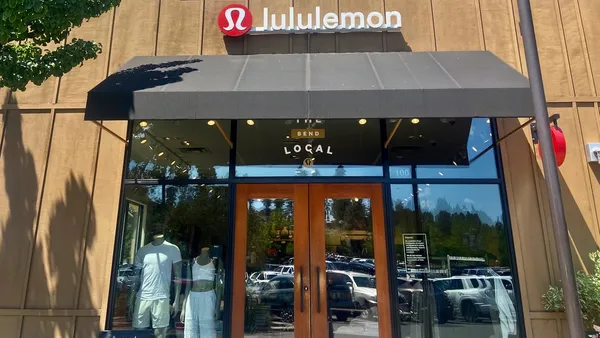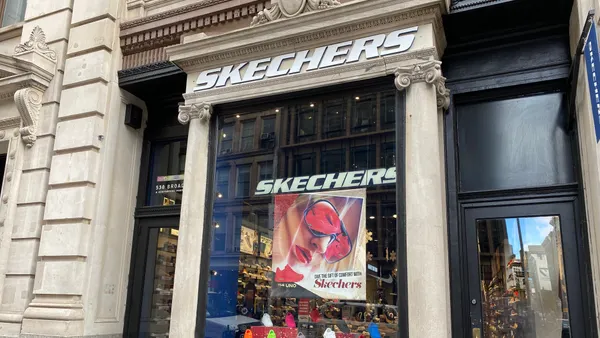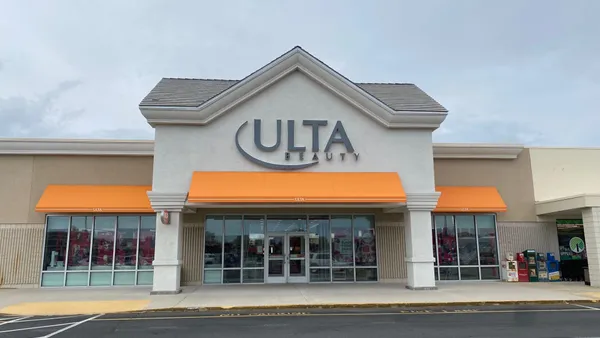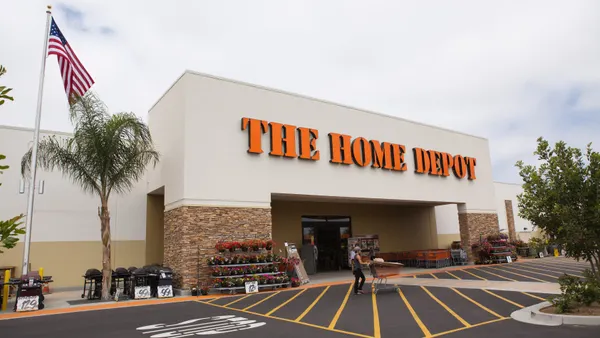Dive Brief:
- CBL Properties has made a restructuring deal with a majority of bondholders that calls for a Chapter 11 bankruptcy filing on Oct. 1, according to a press release.
- CEO Stephen Lebovitz said in an open letter that the mall REIT would be "strengthened through this process." Under the agreement, CBL would shed some $900 million in debt while lenders would get a mix of cash, new notes issued to CBL and 90% of the company's equity.
- The company said that operations will continue as normal through the bankruptcy process and that it aimed to emerge "as a stronger and more stable company, with an enhanced ability to execute on our key strategies of diversifying our sources of revenue and transforming our properties from traditional enclosed malls to suburban town centers."
Dive Insight:
CBL's plans to file for bankruptcy and restructure follow months of negotiations and skipped interest payments on its bonds. It also follows years of declines in the B-class mall sector, which CBL is inextricably tied to.
CBL's malls, often in middle market cities and regions, have been hurt over the decades by discounters, big-box stores, strip centers and the growing shift to e-commerce. Among the REIT's major tenants — a list that includes Ascena, Forever 21, J.C. Penney, Claire's and others — are retailers that have filed for bankruptcy or closed large swaths of stores. Retailers' struggles have become the mall operator's struggles.
That, of course, applies to the COVID-19 crisis as well. In the spring, CBL closed the majority of its malls due to local government mandates. During the closure period, its rent collection fell to just dimes and nickels on the dollar. Fortunately for CBL, revenue from rent has improved since the reopening of its malls and the retail stores inside them. The company said it expected to collect more than 61% of due rent for the second quarter, after the collection rate improved to 54% for the months of April through July.
And then there are the long-term impacts of COVID-19, as retail bankruptcies accelerate to their highest point in a decade and other retailers close stores or change opening plans. "Most traditional retailers have paused on new store plans until they can stabilize their existing store base and have better clarity on the outlook," Lebovitz said in an August press release. "However, a number of local and other users, primarily non-apparel, are viewing this as an opportunity to identify attractive new growth opportunities."
If CBL's restructuring plan is executed as promised, it could make for a healthier company going into an uncertain period in retail, as COVID-19 continues its spread through the U.S., more retailer's file for bankruptcy and liquidate, and malls go through significant accelerated disruption.













